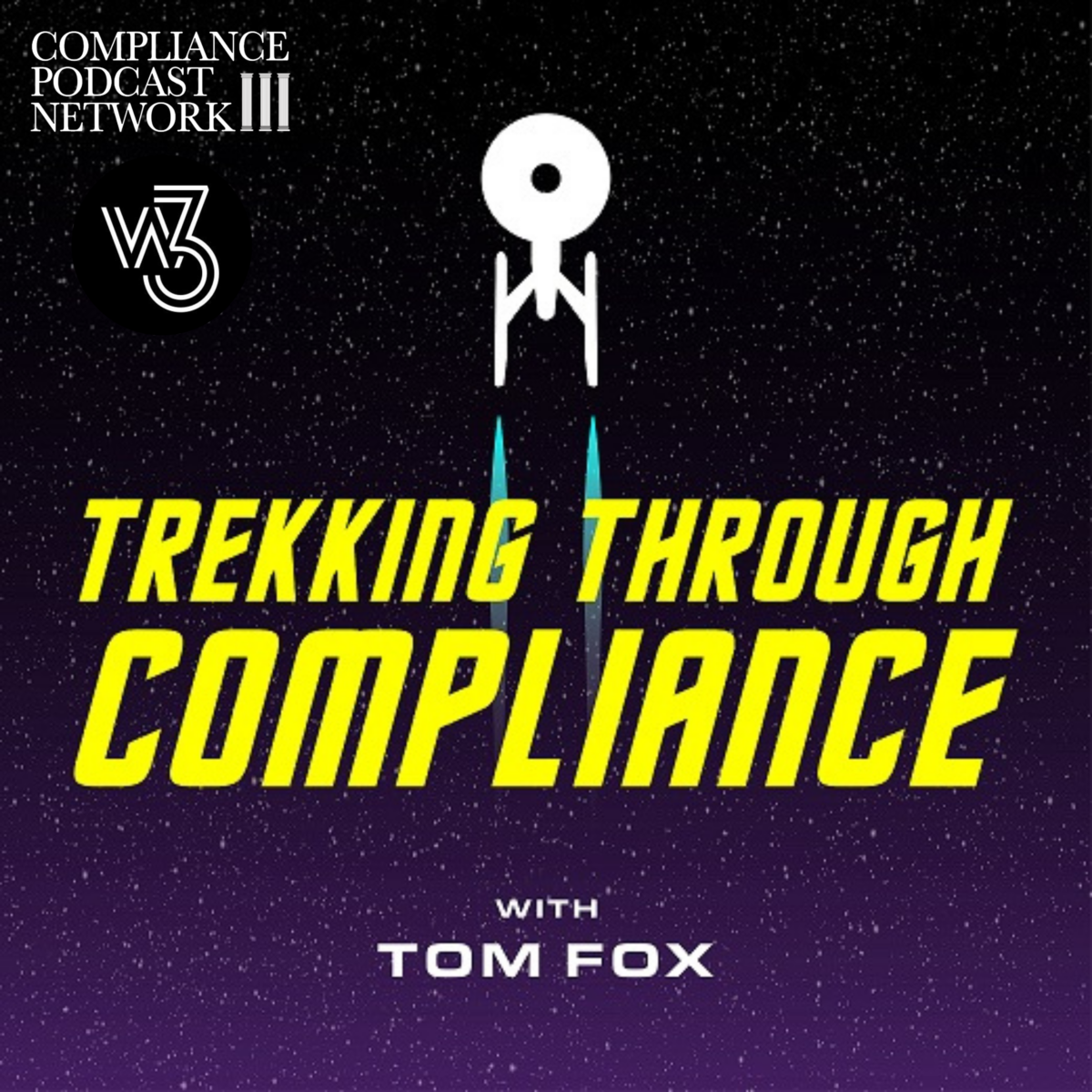Last week saw the greatest wipeout in the recorded history of UK governments, which saw the Tories being swept from power and losing over 400 seats in Parliament. The Labour Party took over with a commanding presence, securing around 450 seats, while the Tories retained only about 120 seats. I recently visited with Jonathan Armstrong, who shared his thoughts on the gravity and history of this election and what it might mean for our compliance contemporaries in the UK, the US, and worldwide, in the most recent episode of the award-winning podcast Life with GDPR.
This election is a refreshing change, irrespective of political leanings. The previous government was seen as limping along like a ship with a hole in its side, and the mood has noticeably improved since the new government took office. The Labour government, led by Sir Keir Starmer, has hit the ground running. Within hours of his appointment by the King, the new cabinet members were assigned their missions and started work immediately. This proactive approach is a sign of the times ahead.
From an enforcement point of view, this government has a firm grasp of compliance and enforcement. With his background as a defense barrister and tenure as the Director of Public Prosecutions, Sir Keir Starmer brings a wealth of experience. His leadership at the Crown Prosecution Service saw the first prosecutions under the Bribery Act, and his understanding of the criminal justice system bodes well for robust enforcement.
The now-entrenched SFO director, whom we previously called the “new” director, has taken significant steps in bribery enforcement, including the first dawn raids in years. I asked Jonathan if he saw a healthy interaction between the current SFO director and the new government. He responded that he does so.
Sir Keir Starmer and the current SFO director are on the same page regarding enforcement. The new administration has already announced a focus on investigating the PPE scandal, which involves around £7.2 billion worth of potentially corrupt contracts from Boris Johnson’s era. This will likely be a priority, and the new Covid Corruption Commissioner will work closely with the SFO, leveraging its powers to conduct dawn raids and demand documents. This indicates a continued and possibly intensified focus on bribery enforcement.
In addition to bribery and corruption, trade controls, customs, and economic sanctions are critical areas of concern. This includes sanctions involving Russian individuals and measures like the Uyghur Forced Labor Prevention Act in the United States. Here, Jonathan sees a stricter approach by Labour than the prior administration.
He believes that there was a perception that some Russian-connected individuals were overlooked in the sanctions list due to their connections with the Conservative Party. The new administration, less entangled with such interests, is likely to expand the sanctions list to align more closely with the US. Regarding Uyghur measures, the new second-in-command at the Treasury, Darren Jones MP, has a background in investigating supply chain issues and forced labor. Armstrong believes we can expect legislation similar to the US approach, emphasizing greater scrutiny and enforcement against forced labor in supply chains.
How about AI governance and enforcement, particularly with the significant tech companies dominating this space? Once again, Armstrong believes the previous administration was perceived as lenient on AI regulation, possibly due to future career aspirations. The new Labour government, however, is likely to take a stricter stance. This will involve a new centralized office to oversee AI usage, educating existing regulators on utilizing their powers, and possibly introducing new AI laws. These measures will likely mirror the EU AI Act, demonstrating the UK’s commitment to aligning with EU standards and fostering a closer relationship with the EU.
The new government views antitrust and competition law similarly to the EU. The CMA has already shown signs of cooperating with EU counterparts, conducting simultaneous dawn raids and sharing concerns about AI monopolies. The new administration is expected to continue this trend, addressing the concentration of GenAI in the hands of a few large US-based tech corporations. This collaboration with the EU will likely result in a more unified enforcement agenda across the channel.
What changes can we expect in traditional topics like GDPR and data privacy under the new UK government? The previous administration attempted to roll back some GDPR provisions, but the new government will likely take a more balanced approach. Changes will focus on areas like research while maintaining compliance with EU adequacy decisions to ensure seamless data transfers. The Labour government will prioritize maintaining a solid relationship with the EU, guaranteeing that any legislative changes do not jeopardize this adequacy decision.
Do you see the new government moving towards greater protections for workers in the era of remote and hybrid work models? Labour’s traditional ties to trade unions suggest a shift towards more pro-worker legislation. This could include regulations on maximum working hours and the right to disconnect, addressing the perceived always-on culture, particularly in US corporations. While hard and fast laws may not be imminent, there will be an emphasis on consulting employees about work-life balance and ensuring fair treatment.
This historic election marks a significant shift in the UK’s political landscape, with profound implications for compliance professionals. The new Labour government, focusing on enforcement, trade controls, AI governance, data privacy, and worker protections, promises a more robust and aligned approach with EU standards. Compliance officers must stay vigilant and adapt to these changes, ensuring their programs remain effective and compliant with evolving regulations. This new UK administration brings a fresh perspective and a more proactive approach to governance. Compliance professionals should be prepared for increased enforcement and regulatory scrutiny. By staying informed and adaptable, they can navigate these changes effectively and continue to uphold the highest compliance standards.








